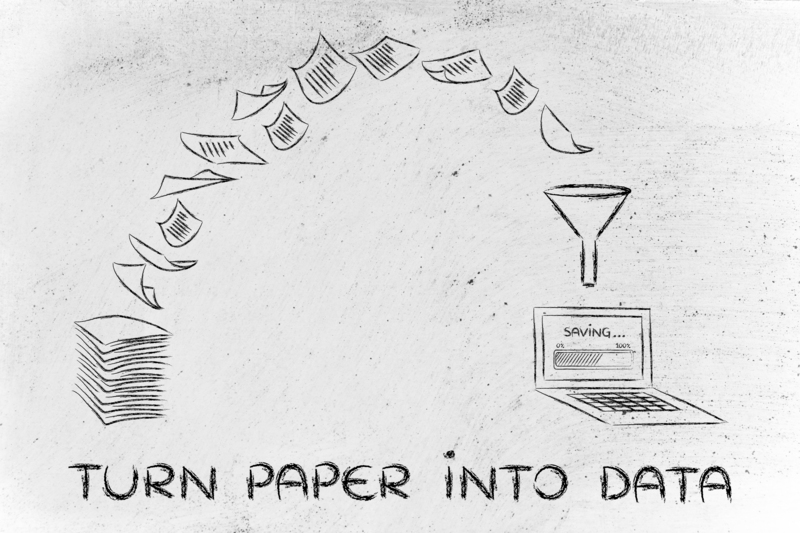Top Cost-Cutting Ideas for Bulky Waste Item Removal
Bulky waste item removal can be an expensive and overwhelming process. From old furniture and broken appliances to mattresses and garden debris, large items are challenging to dispose of. However, with proper planning and smart strategies, you can cut costs dramatically while still ensuring eco-friendly and responsible disposal. This comprehensive guide explores the best cost-cutting methods for bulky waste item removal--so you don't have to break the bank or stress over piles of rubbish.

What Is Bulky Waste and Why Is Proper Removal Important?
Bulky waste typically refers to large household items such as mattresses, sofas, refrigerators, old cabinets, and garden furniture--items that do not fit in your regular bin. Responsible bulky item disposal is crucial to avoid environmental issues, prevent illegal dumping, and comply with municipal regulations. Moreover, improper handling can result in costly fines.
The True Cost of Bulky Waste Disposal
- Landfill fees
- Hiring skips or specialized removal services
- Potential transportation costs
- Time and labor involved
- Environmental impact
It's no surprise homeowners and businesses alike search for affordable bulky item removal solutions. Read on for actionable tips!
1. Plan Ahead and Sort Bulky Items Logically
One of the most effective (and cheapest) ways to tackle bulky waste removal is to plan in advance. Don't accumulate large items haphazardly; instead, group similar items and sort components. For example, separate metal from wood and plastics.
- Benefits of organizing:
- Lowers labor and transportation time
- Makes recycling easier and sometimes free
- Reduces the number of pickups or removal trips
Start with an itemized list and a removal schedule. This helps you identify pieces that can be reused, repaired, or donated, potentially reducing your removal volume (and costs).
2. Reuse, Repurpose, or Donate Before Disposal
A significant portion of bulky waste often finds a second life. Before paying for removal, ask yourself if these items could be donated, reused, or repurposed:
- Donate: Charities, shelters, and nonprofit organizations often accept furniture, beds, and appliances in good condition.
- Sell or Give Away: Use social media marketplaces, online classified ads, or community bulletin boards to find takers for your unwanted large items.
- Repurpose: Old pallets, doors, and cabinets can be transformed into garden furniture, shelving, or art pieces with a bit of creativity.
Reducing the volume of true "waste" can have a remarkable effect on your bulky item removal costs.
3. Use Local Authority Bulky Waste Collection Services
Most local councils and municipalities provide some form of bulky waste collection, sometimes for free or at a subsidized rate. Regulations vary, but key advantages include:
- Cost savings compared to commercial removal services
- Environmental compliance and proper sorting
- Easy online booking in many areas
Pro Tip: Book well in advance, as slots may be limited or fill up quickly. Some areas allow multiple annual collections per household at no charge, so check your eligibility.
4. Leverage Free or Low-Cost Community Schemes
Several community or nonprofit-run programs help residents with cheap bulky item disposal. Examples include:
- Swap events or freecycle days
- Charity-run collection events
- Neighborhood clean-ups
These events not only reduce your disposal cost but also promote sustainability and community engagement.
5. Disassemble Before You Dispose
Bulky items often attract premium removal charges due to their size and weight. Disassembling these items--removing legs from tables, breaking down bed frames, flattening boxes--can help you in two ways:
- Fits more into a single load (reducing trips and fees)
- Easier for donation or recycling centers to process
Safety Tip: Always use proper tools and observe safety precautions when dismantling heavy or complex items.
6. Compare Multiple Bulky Waste Removal Services
If your municipality does not offer affordable collection, do not simply choose the first company you find. Shop around, request itemized quotes, and negotiate--many companies may match competitors' rates or offer deals for grouped collections.
- Check online reviews and licensing for reliability
- Bundle bulky waste removal with other services (regular rubbish, yard clean-up) for discounts
- Enquire about eco-friendly disposal practices
Comparing at least three companies can yield significant cost differences and often uncovers valuable extras, such as heavy lifting or site cleanup.
7. Opt for Local Landfill Drop-Off (If Cost-Effective)
Not all regions allow residential direct drop-offs, but where permitted, bringing bulky waste to the landfill yourself is typically much cheaper than hiring removal services. Be sure to:
- Check the landfill's fee structure (item rates, per-load cost, weight limits)
- Sort items for hazardous or recyclable materials
- Bring proof of residency if required
This option is best when you have access to a suitable vehicle and can coordinate with neighbors or friends to split transportation and disposal costs.
8. Split Bulky Waste Removal Costs with Neighbors
Collaboration can be a real money-saver. If several homes on your street are clearing large items, combine your loads and share the cost of a skip, commercial van, or private removal service. This approach can cut removal charges significantly and build good neighborhood relations!
9. Use Skip Bags Instead of Traditional Skips
Hiring a skip is convenient but can be costly--especially if you only have a moderate amount of large waste items. Instead, consider skip bags:
- Flexible and available at major hardware stores
- Cheaper than full-size skips
- Provider collects when filled--no need for lengthy hire
This alternative is efficient for clearing out a few bulky items at a time and is ideal for constrained spaces.
10. Recycle as Much as Possible
Many bulky waste items (like metal bed frames, wooden chairs, fridges, washing machines) contain valuable recyclable materials. Take these directly to a recycling center to get rid of them for free or even claim a rebate in some areas.
- Consult your local recycling guidelines for accepted items
- Look for bulk appliance recycling events in your area
- Prioritize recycling to reduce landfill contributions and protect the environment
Bonus Tip: Avoid Fly-Tipping and Illegal Dumping
Trying to avoid costs through illegal disposal can ultimately cost far more in fines, legal fees, and reputation damage. Always use licensed waste carriers and keep disposal receipts for proof.

FAQ: Cost-Effective Bulky Waste Removal Strategies
Q: Can I leave my bulky items at the curb for free pickup?
It depends on your local authority. Many cities permit scheduled curbside collection of large items, but rules vary. Fines apply for unauthorized dumping, so always check ahead.
Q: Which bulky waste items are prohibited from standard collection programs?
Typically, hazardous materials (paints, chemicals), construction rubble, and automotive parts are not accepted. Consult your local guidelines before disposing of such items.
Q: How do I know if my furniture can be donated?
Most charities request that donations be in "good usable condition"--free of tears, stains, or major damage. Some offer free collection for suitable bulky items. Always contact the organization first.
Conclusion: Save Money and The Planet with Smart Bulky Waste Removal
Disposing of large, unwanted household items need not break your budget. With a little foresight and creativity, you can save money on bulky waste removal and make environmentally-friendly choices. Whether you're planning a renovation, preparing for a big move, or decluttering, the tips in this guide will help you optimize the process:
- Plan and sort your items
- Donate, sell, or repurpose before disposal
- Utilize local authority and community schemes
- Disassemble to save space and fees
- Compare multiple service quotes
- Explore landfill and recycling options for free or low fees
- Coordinate with neighbors for shared costs
Remember: Responsible bulky waste item removal is not just about saving money--it's about creating a cleaner, greener environment for everyone. By following these innovative and practical tips, you'll achieve a clutter-free home and a smaller ecological footprint.
For more advice on affordable and sustainable waste solutions, stay tuned for our upcoming articles!